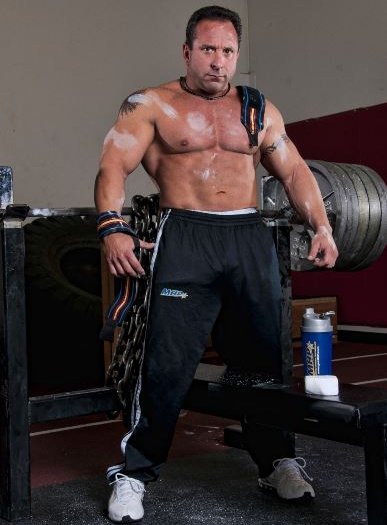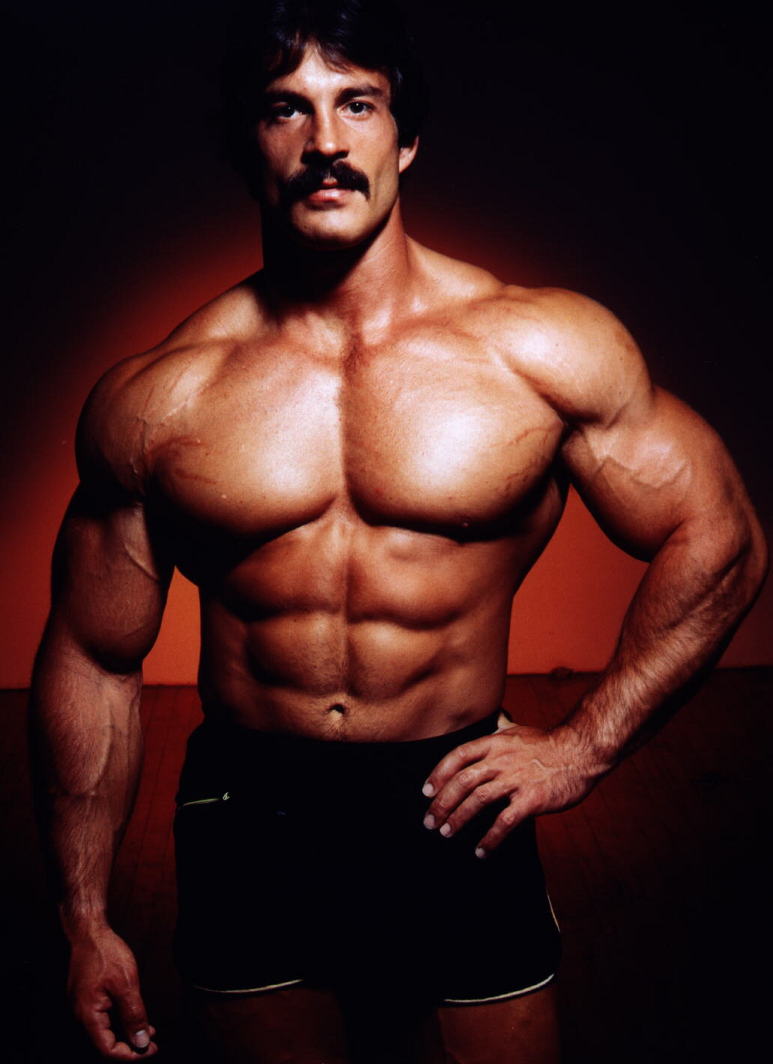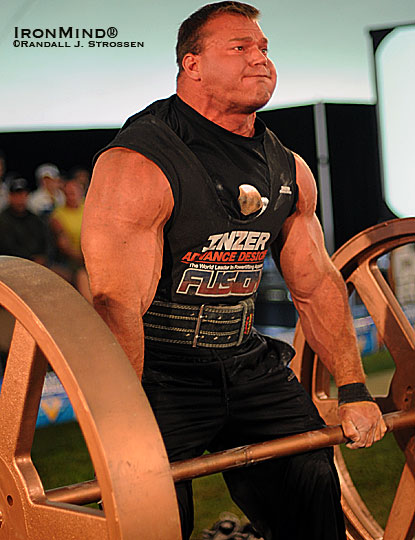I’ve
recently gone though and re-read my favorite books on training (Powerlifting
Basics Texas Style, The Complete Keys to Progress and Super Squats) and was on
a roll and wanted to get something more modern.
I saw Josh Bryant’s “Tactical Strongman” on amazon for $10 on Kindle and
thought it’d be perfect. Josh Bryant has
a pedigree of producing successful athletes, I know strongman, and the stuff
I’ve seen/heard from Barbell Tactical has been pretty slick. As I’ve been losing weight and doing more
martial arts and running, I thought it’d be cool to get a book that included
that and strongman.

That terrible artwork actually gave me hope about the contents
Without
spoiling the book, let me explain to you the difference between a Tactical
Strongman and a regular Strongman…nothing. At least, according to Josh’s
book. This is purely a book on
strongman. As such, it was very much a
disappointment and I don’t recommend it to anyone that was looking for what I
was looking for. There’s not even any
discussion on running in ANY capacity in the book. To put that in perspective, Josh Thigpen’s
“Cube Method for Strongman”, a book PURELY about training for strongman,
included a discussion on sprint training because that’s a crucial part for a
strongman competitor to be able to sprint between events at a medley. This means that Tactical Strongman not only
fails in the tactical part, but even misses on the strongman part. It does provide a decent primer for a person
who is new to the sport and wants to start competing: that’s just not what it
is advertised as being.
I decided to
make the most of my $10 and get a blog post out of it. I was smart and actually took notes as I was
reading about things that I observed through the book. I was really hoping to have more pros than
cons, but it didn’t shake out. Here’s
what I got.
THE GOOD:
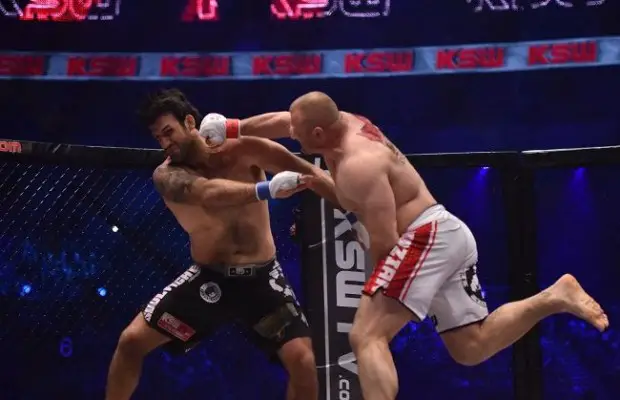
When strongman gets tactical
-Fun historical overview as part of intro. History of physical training starting with Greeks
to modern weightlifting to powerlifting to strongman. Lists key players. Solid storytelling here.
-The book contains a “Safety Section” for training strongman
events that has a lot of good info.
Something I particularly liked was advocating to use straps and pulling
double overhand with them on deadlifts.
It’s great to get that drilled in to a new strongman early and overcome
the internet stupidity regarding it.
Also a good tip to progress slowly a good tip regarding adding weight to
implements within a session. Josh
explains how you wouldn’t jump from 400lbs to 600lbs on a bench workout, but
such jumps and larger are very possible on the yoke. Instead, work up to top weights slowly.
-This is the only time I’ve seen someone other than myself advocate
for using straps on farmer’s walks in training.
I love seeing that. More people
need to try that.
-The book contains some solid training programming
recommendations for moving events, which is something that definitely confounds
newer trainees. It gives a few different
approaches, to include how to train for speed, strength, hypertrophy, overload,
etc. Answers a lot of questions.
-Solid advice for first time competitors, especially
regarding observing how rules are being enforced at the competition. Often promoters will say one thing and judges
will rule another. They might say “no
touching the belt on cleans”, and then totally let everyone get away with it. Don’t hold yourself to a higher standard than
needed. Only dumb tip is to abstain from sex the week of the comp.
THE BAD AND THE UGLY:

More realistic tactical strongman
-The book starts off as a story about 2 guys observing a
strongman training, and I got excited because I thought I had bought a book
along the line of Powerlifting Basics Texas Style or The Complete Keys to
Progress. That made thing sting far
worse, because the author introduces the strongman character of “Thic Vic”, and
he is totally unendearing character and cringy.
Very cringy. If he’s real, he’s
unbelievable, but he comes across as a parody of a caricature. He’s a former star athlete that dropped out
of school and fell off the grid and then became some mysterious spec-ops ninja
before coming back to Texas to fight in super secret underground cage fights
and uses strongman to get in shape to crush skulls and look jacked. Machismo overload. Also, don’t forget that he’s a warrior monk,
and even though he’s big strong and jacked and fights ALL the time, strongman
training is how he centers himself in a universe full of chaos, points he
eloquently pontificates to the youths watching him load stones. MAY appeal to a very young teen
audience. Vic’s sole purpose is to
explain to the reader the “WHY” of “tactical strongman”, but it’s an obvious
point: lifting things makes you jacked and strong.
-I genuinely can’t tell who this is book written for. There are constant mentions of “Cairo fish
market/streets of Cuidad Juarez/Gas Station altercations”. This is lifting weights. Let’s not get silly. “Can keep you safe when things go south at $1
kebab night at your local dive-hookah bar.”
The violence fantasy is just ridiculous.
I wrote “46 pages in and it DOES NOT STOP” in my notes, but, in truth,
it’s though the WHOLE book. I’m in my
mid-30s, I’ve moved across the country several times, I’ve been to many exotic
locales, and I’ve encountered none of the violence that Tactical Strongman is
preparing mefor.
-16 of the 124 pages of the book are on history and why you
should do strongman. So now it’s a 108 page book on training. Except ALSO the last 19 pages are “the
science of strongman”, which is just explaining why you should do strongman
AGAIN but this time with scientific studies, followed by a few interviews of
current (at the time) amateur strongman competitors. So it’s actually a 89 page book on training.
-The book is in a weird space where it says it’s tactical
but it’s not, but it’s also trying very hard to NOT be for a competitive
strongman either. For moving events, it
keeps reinforcing keeping things slow and steady rather than training to be as
fast as possible, emphasizing that you can save that “for competition”. Where that gets ugly is the instruction for
the farmer’s walk, specifically to stand up straight with the implement,
effectively deadlifting it off the ground, THEN start walking with it. Most folks that are decent with moving events
know that you have to basically explode up AND forward at the start to be able
to ride that momentum and move fast.
-Another quip from my notes “This author’s writing style is
just exhausting.” And it’s funny,
because Jon Andersen’s Deep Water book is stupidly over the top, but it feels
like you can grin right the cheese. It’s
like pro-wrestling: you know it’s ridiculous and that’s the fun. And I get that people are over Jim Wendler’s “be your own person”/rugged
individual rhetoric, but I feel like “gas station ready” is just critical mass
levels of lacking self-awareness. I
can’t imagine who it appeals to.
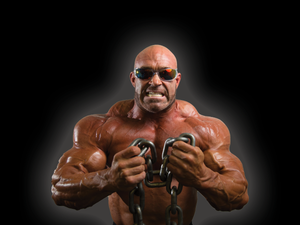
You gotta at least embrace how ridiculous you are being
-The nail in the coffin that pissed me off when I got to it:
Tactical Strongman training is PHA training, straight out of “The Complete Keys
to Progress”. They use the same name and
everything. Had I JUST re-read the book
recently, I may have missed it, but it stood out clear as day. Trying to re-package a training program that
has been out since the 60s as “Tactical Strongman” is lame. Yeah, they use strongman moves in it, but
that’s such a minor change.
-The other Tactical Strongman program they include, “Gas Station
Ready”, just seems like a mash-up of things. Part of this is my fault, as I’ve read through
the Metroflex Gym “Powerlifting Basics” book before and had similar issues with
Josh’s programming: it’s all VERY heavily based on percentages and fixed
movements. Sure, he offers alternative exercises,
but it’s still “Do X for Y sets of Z at N%, then do A for sets of C at N%, then etc etc”. I always wonder: what if I have a bad
day? Or a good one? And
unlike Deep Water, which is also heavily percentage based, nothing in the
programming grabs me in the “How the f**k am I supposed to do THAT” way. Building the Monolith had a similar mystique
to it. This just looks like a very rigid
and structured approach.
-On top of that, both the PHA and Gas Station ready programs
rely on a trainee to have access to a lot of different equipment AND the
ability to have multiple circuits loaded up and ready to blitz through in many
cases. This contrasts greatly with the
“lone wolf” stupidity of Thic Vic and similar rhetoric the reader encounters
through the book, because you’re definitely going to need a team and a well
stocked gym to be able to make these things work. YES, you can get creative, but the initial
wag isn’t great. I racked my brain on
how to make things work in my single car garage set-up, and was stumped.
IN SUMMARY:
This book isn’t tactical.
It’s also not really strongman. I
regret buying it. There are a FEW things
in here that would be nice to someone new to the sport of strongman, but you
could pick the ideas up for free by just hanging out on “starting strongman” or
going to a strongman comp and talking with the competitors. I’m currently re-reading 5/3/1 Forever and
will say flat out that it’s a better “Tactical Strongman” book because it at
LEAST covers running and conditioning on top of lifting.







